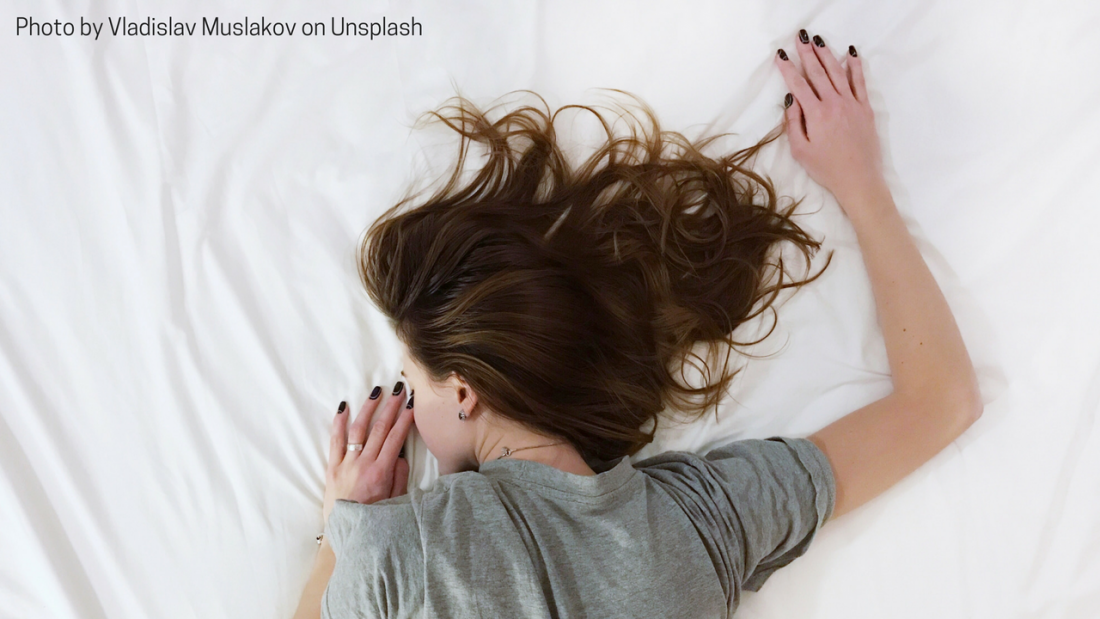Have you ever skipped your morning coffee or tea?
What happened?
Perhaps you have never missed it, so you don’t know why there is so much fuss about caffeine withdrawal.
What is caffeine withdrawal?
Caffeine interferes with the normal chemical regulation of the brain. So, when we stop caffeine, we notice certain changes.
When we give up caffeine we experience a range of symptoms. These vary from person to person, and also depend on how much caffeine we regularly ingest.
Common symptoms include:
- Headache
- Fatigue
- Sleepiness
- Low energy levels
- Low mood
- Poor concentration
We experience these symptoms because our body takes time to rebalance after the removal of caffeine.
What causes caffeine withdrawal?
A number of changes in how our brain works occur when we ingest caffeine.
Caffeine blocks the adenosine receptors in our brain. Adenosine is a natural chemical that helps to regulate the levels of other chemicals, such as dopamine, glutamate and serotonin.
Usually as the day progresses, adenosine levels rise and contribute to us feeling tired. But if we drink a caffeinated beverage, adenosine cannot reach its receptors. When this happens, the levels of mood stimulating chemicals such as dopamine and glutamate increase. And we get a burst of energy.
The hormonal control centre of the body, the pituitary gland interprets this sudden excitement as an emergency. The adrenal glands release adrenalin, preparing our body to fight or for flight. At this stage you may also experience a heightening in irritability, anxiety and other emotional reactions.
The more caffeine you have, the more adenosine receptors the brain creates, as it is trying to regulate the chemical levels. To maintain the effect of caffeine, you have to ingest more.
When you go off caffeine it may take around a week or more for the adenosine receptors to return to normal (pre-caffeine) levels. And this is why you experience the caffeine withdrawal symptoms.
Caffeine withdrawal headaches occur in the first 24 hours and can last several days, depending on how much caffeine you usually have. The headaches are thought to be caused by the relaxation of the blood vessels and the increased blood flow in the brain. Caffeine constricts (narrows) the blood vessels.
You might like to watch this short video about the effects of caffeine.
Why stop caffeine?
The scientific research can seem conflicting at times when it comes to caffeine and drinking coffee and tea. Are coffee and tea good or bad for our health?
The answer to this depends on why you are having caffeine in the first place and whether you experience any negative side-effects of caffeine such as:
- Heart palpitations
- Increased breathing rate
- Heightened anxiety
- Sleep disturbance
- Increased blood pressure.
If you are drinking coffee or black tea as a replacement for sleep, then I would suggest reducing the caffeine load and establishing a quality sleep routine of 7 to 9 hours each night.
You might like to read my earlier article on how caffeine affects health.
Support for caffeine withdrawal
If you decide to stop caffeinated beverages such as coffee or black tea, then I suggest discussing your decision with your healthcare practitioner. They will be able to give personalised advice and help you manage your symptoms of caffeine withdrawal.
Non-caffeinated beverages
To help the caffeine detox process, I suggest having a range of non-caffeinated beverages to replace your usual coffee or tea. Some suggestions include:
- Dandelion Tea
- Rooibos (red tea)
- Herbal tisanes e.g. peppermint, lemongrass and ginger, and camomile
Inquire about personalised eating and lifestyle advice, here.
